Strap In For The Bitcoin Dollar
Rage Weekly is a weekly linkdump bringing the best content on financial surveillance and beyond directly to your inbox. This week, we are experimenting with an opinion before the linkdump, as some topics need further examination. Subscribe for free or read all issues online.

Trump's speech at Bitcoin 2024 was supposed to be an event to remember. Countless advertisements for custodial banking providers and almost an hour too late, the 45th President of the United States rather gave a speech to forget. His talking points were almost identical to those of RFK Jr. and Cynthia Lummis, advocating to 'hodl' DOJ confiscated coins and building a strategic bitcoin reserve for the US Treasury.
What set Trump's speech apart from those of his fellow politicians was its rather remarkable incoherence. Between ramblings on AI, immigration, Biden, god, and electric cars, Trump continued to equate Bitcoin to Crypto, conceded that other cryptocurrencies are "also very good", and wished attendees "a good time with your Bitcoin, your crypto, and everything else that you're playing with". While it may be fair to understate the distinction between Bitcoin and other coins, Trump's speech seemed to signal one thing in particular: he doesn't give a shit about any of you.
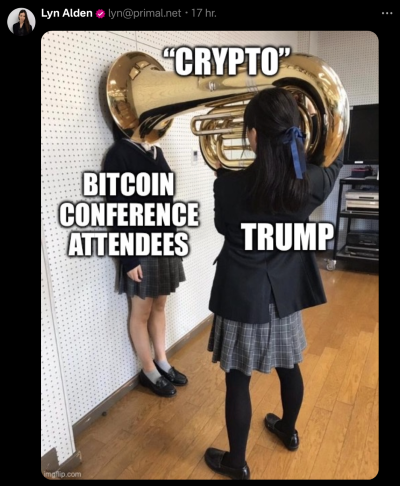
Not surprising but of much more substance were comments that have been largely ignored: Trump's promises to fight terrorism, ensure the health of the stablecoin market, fight CBDCs, and make "all mining made in USA".
More than 20 years after the introduction of the Patriot Act, we should all be aware that the favorite tool of any government to fight terrorism is dragnet surveillance. A loosening of Anti-Money Laundering laws and Counter-Terrorist Financing regulations thereby seems unlikely under a Trump administration (though a democrat law enforcement officer in the White House may arguably not do us any better).
Under Trump's last presidency, the Anti-Money Laundering Act of 2020 was passed as part of the National Defense Authorization Act, which included FinCEN beneficial ownership reporting requirements for corporations and LLCs, strengthened international information sharing, and increased penalties for AML/CFT violations.
Although Trump vetoed the NDAA, it appear that he did not do so due to disagreements with AMLA 2020 – which finds no mention in his Presidential message to the House of Representatives – but rather because it did not allow him to repeal Section 230 of the Communication Decency Act, which protects internet platform owners from legal repercussions for hosting content, objections to the limiting of his ability to draw on military construction funds in response to national emergencies, and, in his opinion, because it hindered the rollout of 5G technology.
While Trump did utter the words self-custody and open-source here and there during his ramble, it does not seem likely that he understands the risks Bitcoin open-source developers are facing today, which precisely amount to charges under AML/CFT regulations and the hosting of information.
According to Trump, hosting providers should be held responsible for the information they transmit. In his opinion, Section 230 poses a "national security risk" which "will make our intelligence virtually impossible to conduct". In reality, Section 230 is a landmark legislation to protect the freedom of the Internet. As the Electronic Frontier Foundation writes:
"The Internet allows people everywhere to connect, share ideas, and advocate for change without needing immense resources or technical expertise. Our unprecedented ability to communicate online—on blogs, social media platforms, and educational and cultural platforms like Wikipedia and the Internet Archive—is not an accident. Congress recognized that for user speech to thrive on the Internet, it had to protect the services that power users’ speech."
The striking of Section 230 would arguably have dire consequences for anyone developing and running Bitcoin services which operate as transmitters of information, including Bitcoin- and Lightning Node runners as well as coinjoin service providers – such as Samourai Wallet, who already stand accused of "broadcasting" 'illicit' transactions on behalf of alleged criminals. For those still capable of putting words into context, a Trump presidency is likely to drastically increase the risks of providing Bitcoin services in the US that refuse to play to his national security tune, despite his assurances to the contrary.
Trump's comments on stablecoins, CBDCs, and mining "made in USA" seem as though they have been directly plucked from Mark Goodwin's The Bitcoin Dollar, and should give us further insight not just into the former President's potential Bitcoin strategy, but also into how Trump may attempt to increase international dominance in the face of a weak US Dollar – and the consequences this may have for the freedom of people around the world.
As Mark Goodwin writes:
"We have recreated the petrodollar mechanisms that allow a retention of net purchasing power for the U.S. economy despite monetary base expansion. [...] By creating a robust, heavily margined ecosystem perpetuated and overwhelmingly supported specifically with inflows from dollar-denominated tokens, Tether and the like have pegged the short- and medium-term success of the bitcoin market to the dollar."
As stated by Trump, stablecoins will allow the US to "extend the dominance of the US dollar to new frontiers all around the world. America will be richer, the world will be better, and there will be billions and billions of people brought into crypto economy and storing their savings in bitcoin. [...] Those who say that Bitcoin is a threat to the dollar have the story exactly backwards."
Stablecoins are arguably nothing more than a new, unprecedented form of monetary colonialism, which allow the US to expand control over other country's economies directly to the wallets of consumers. Debt is a weapon, and while it may not be as bloody as dropping cluster bombs, it is just as devastating. While Trump vows to end forever wars, it seems he is really just advocating to wage war by other means.
Speaking of warfare, at this point we should take note of the comments made by Trump on Nayyib Bukele, in which he accused the president of El Salvador of exporting MS13 to the US – which is especially ironic in the face of the fact that MS13 effectively emerged as a direct consequence of the CIA's regime change attempts in El Salvador during the 1980's and 90's. If Trump can manufacture consent for the painting of El Salvador as a risk to US national security, El Salvador could soon see itself placed on the notorious OFAC sanctions list, hindering the country's ability to build out its Bitcoin reserve, and confiscating any coins that may still lie in custody in the US. Let us not forget the geopolitical consequences that emerge when the US ties its economic interests to a scarce asset.
While promising to prevent a CBDC from being established in the US – to which the Anti-CBDC bill has already passed the House, but thank god none of us actually pay attention to politics – we seem to forget that Bitcoin may function as a viable CBDC alternative, especially in light of Trump's repeated attacks on Section 230, which would consequentially see node runners and coinjoin providers liable for the relaying of "illicit transactions".
Increasing the liability for privacy- and self-hosted services by striking laws protecting the freedom of the Internet in the name of national security while centralizing mining in the US is the recipe to establish Bitcoin as a CBDC alternative. Without privacy, any US citizen utilizing bitcoin would essentially become 100% surveillable, while the establishment of the US as the mining capitol of the world would leave bitcoin transactions just as censorable.
Don't forget that the vast space between your ears is intelligence's field of play. Increasing national security has been one of Trump's main campaign promises to "Make America Great Again", which, historically speaking, has always led to a decrease in freedom and privacy, and an increase in censorship and surveillance – even if the President sounds like your great-grandfather on 15 Slivovitz. If Trump's speech showed us anything, its that you are nothing more than another pawn at the end of the identity politics chessboard, where a banner hangs that reads: Congratulations, you’ve been played.
In the past week:
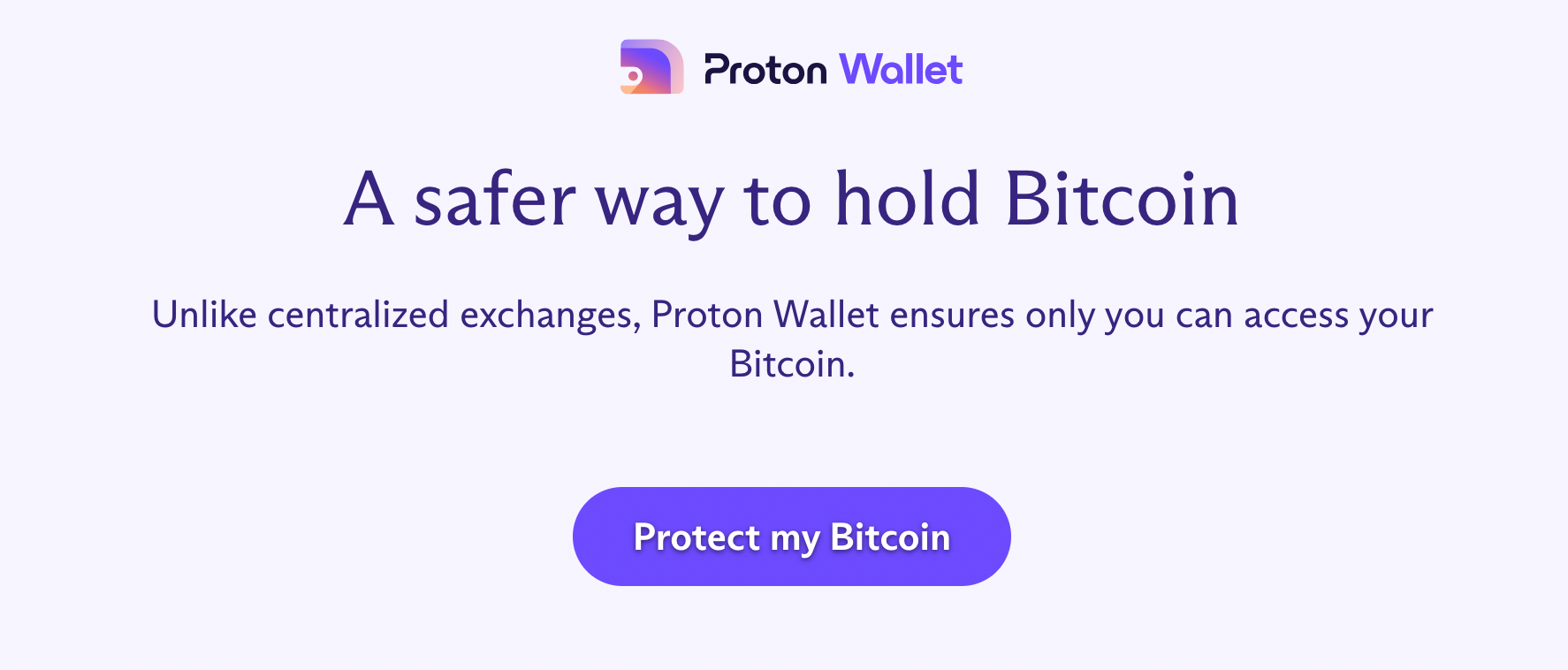
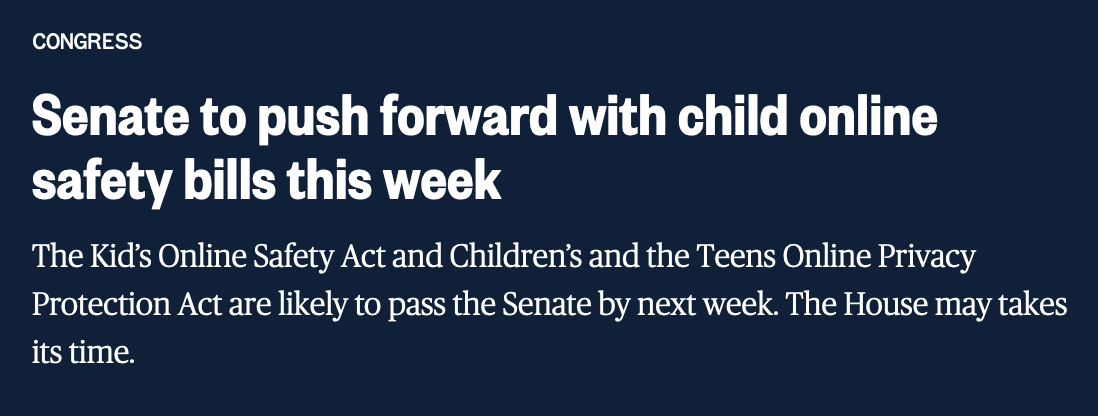
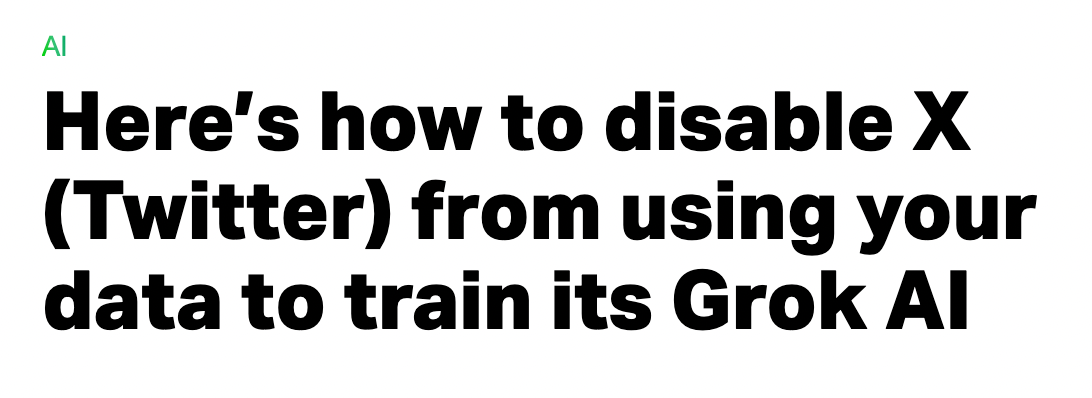

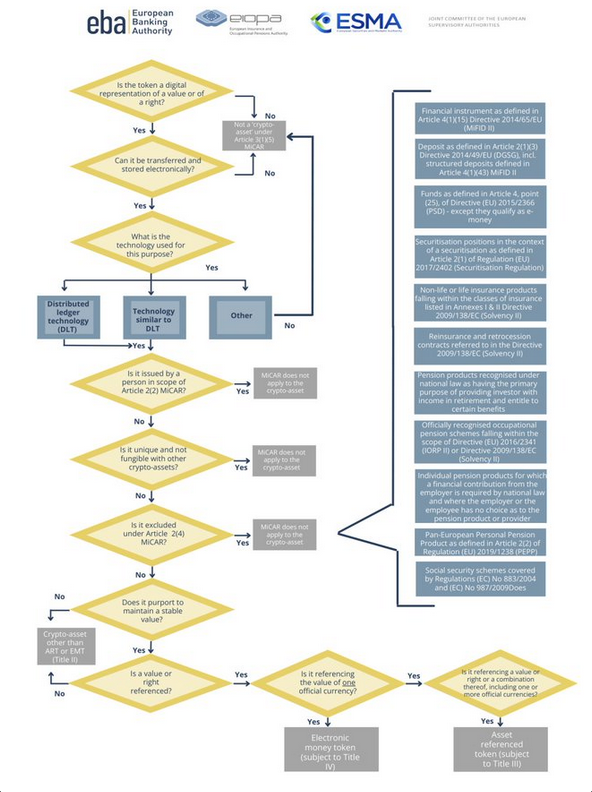
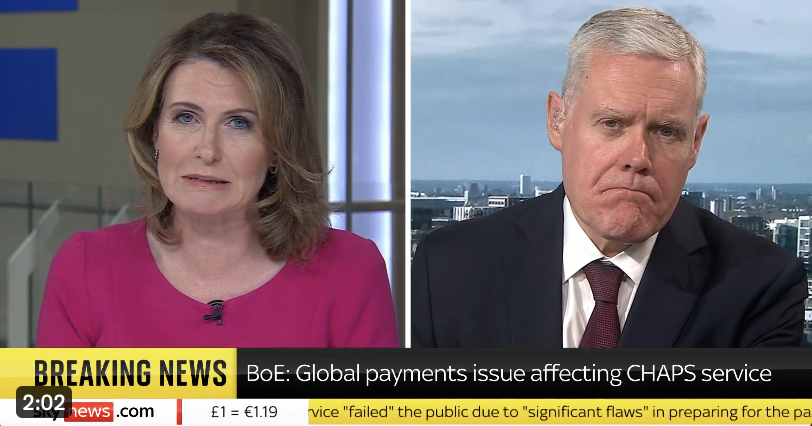
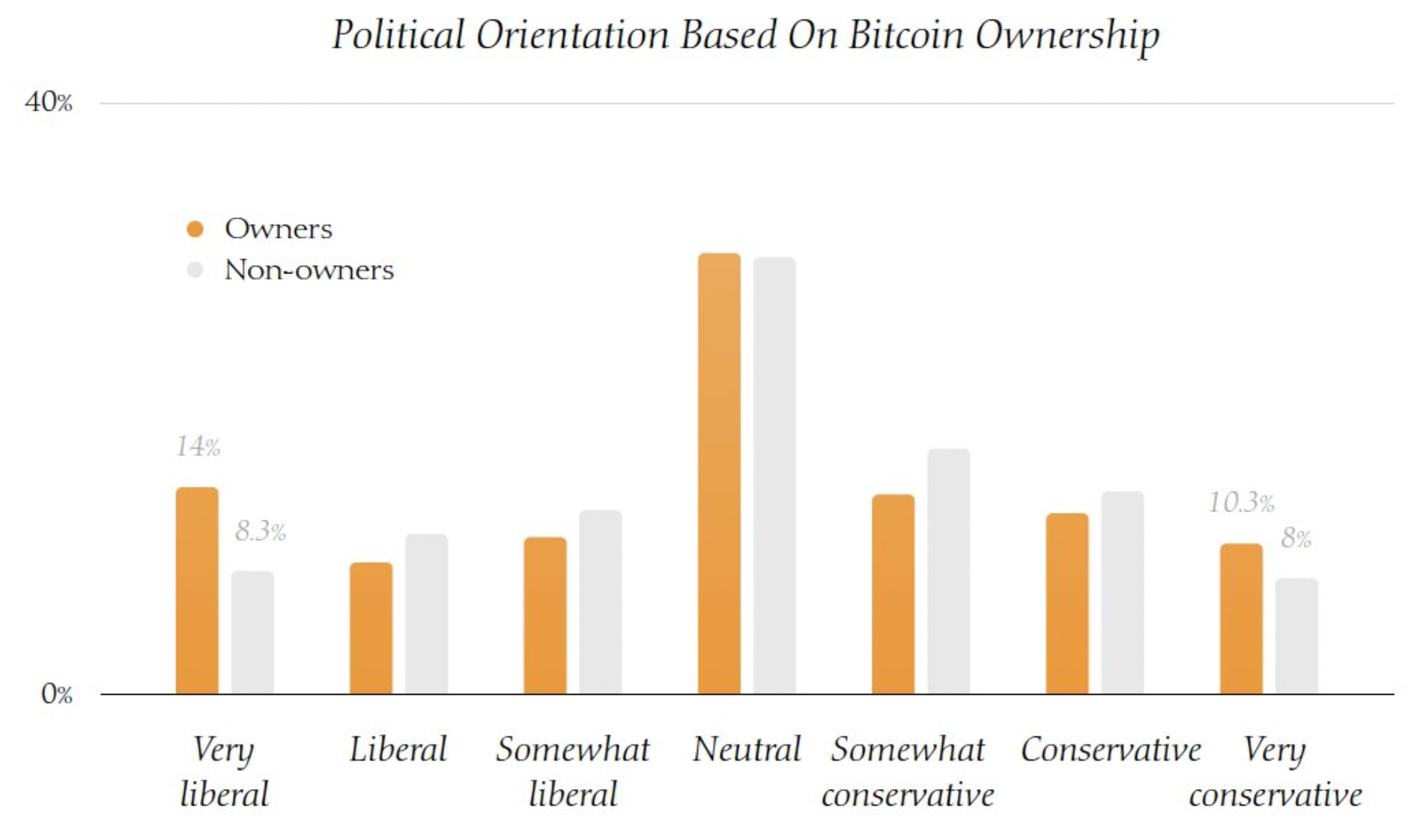


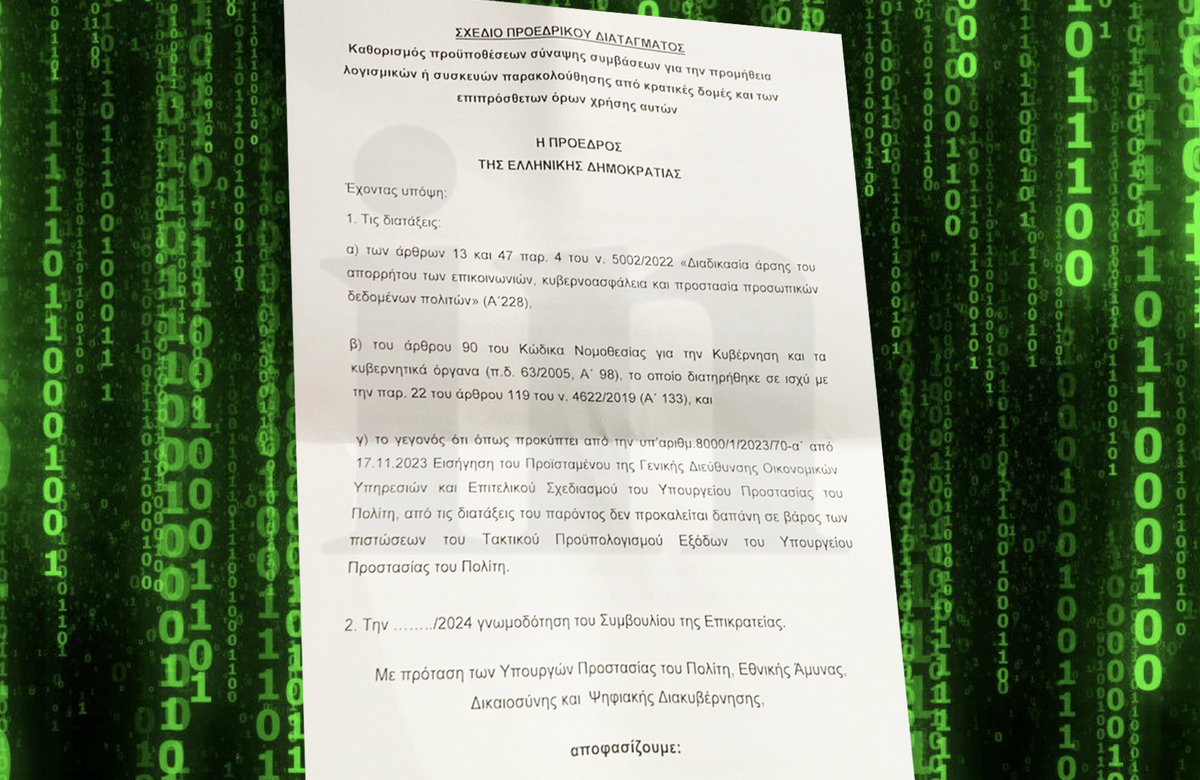
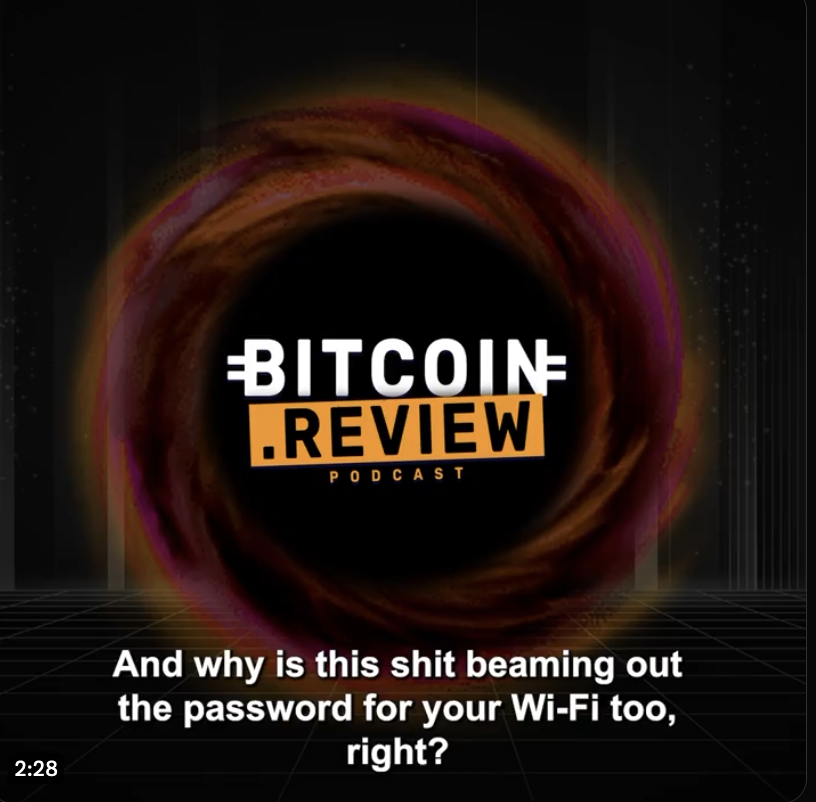
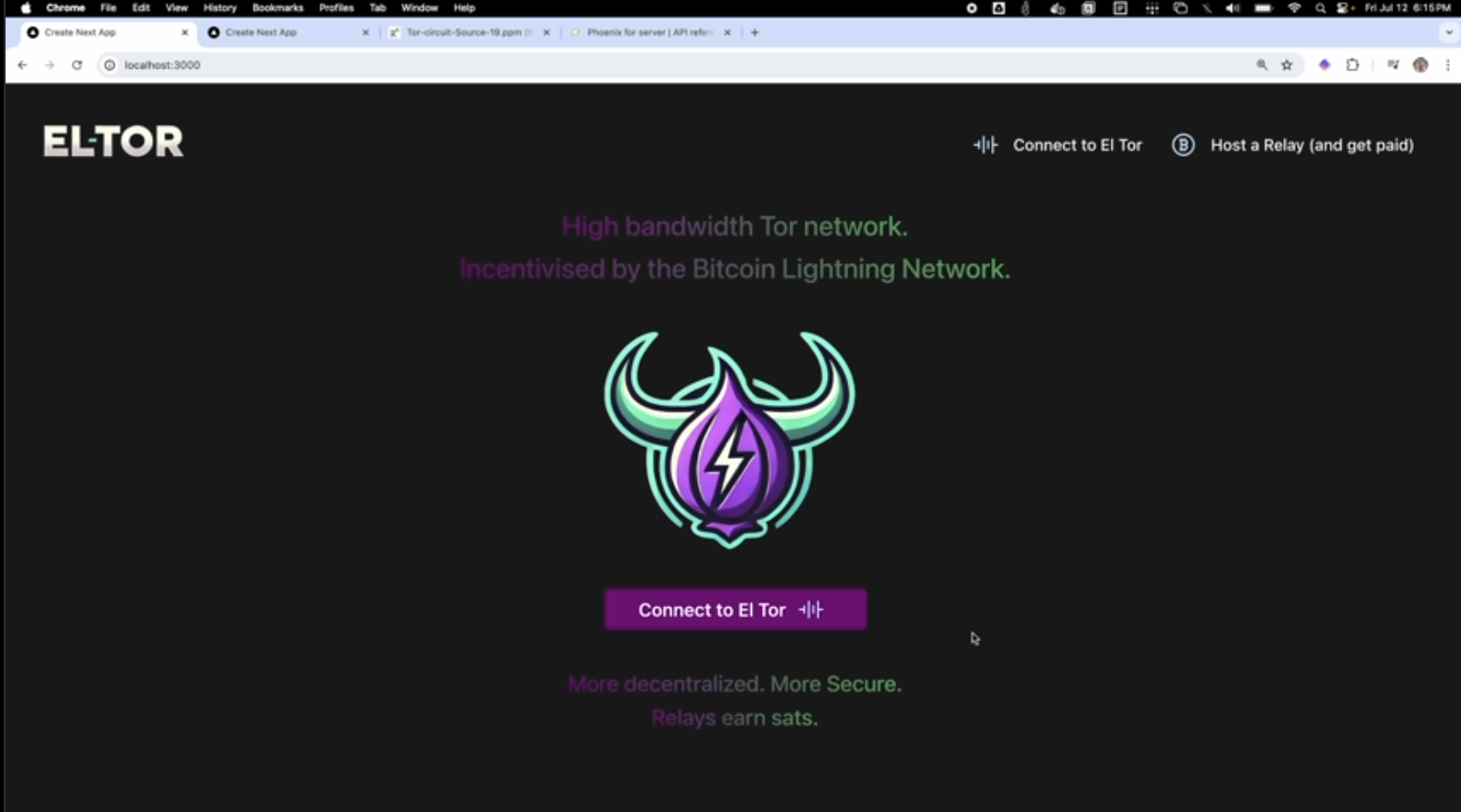
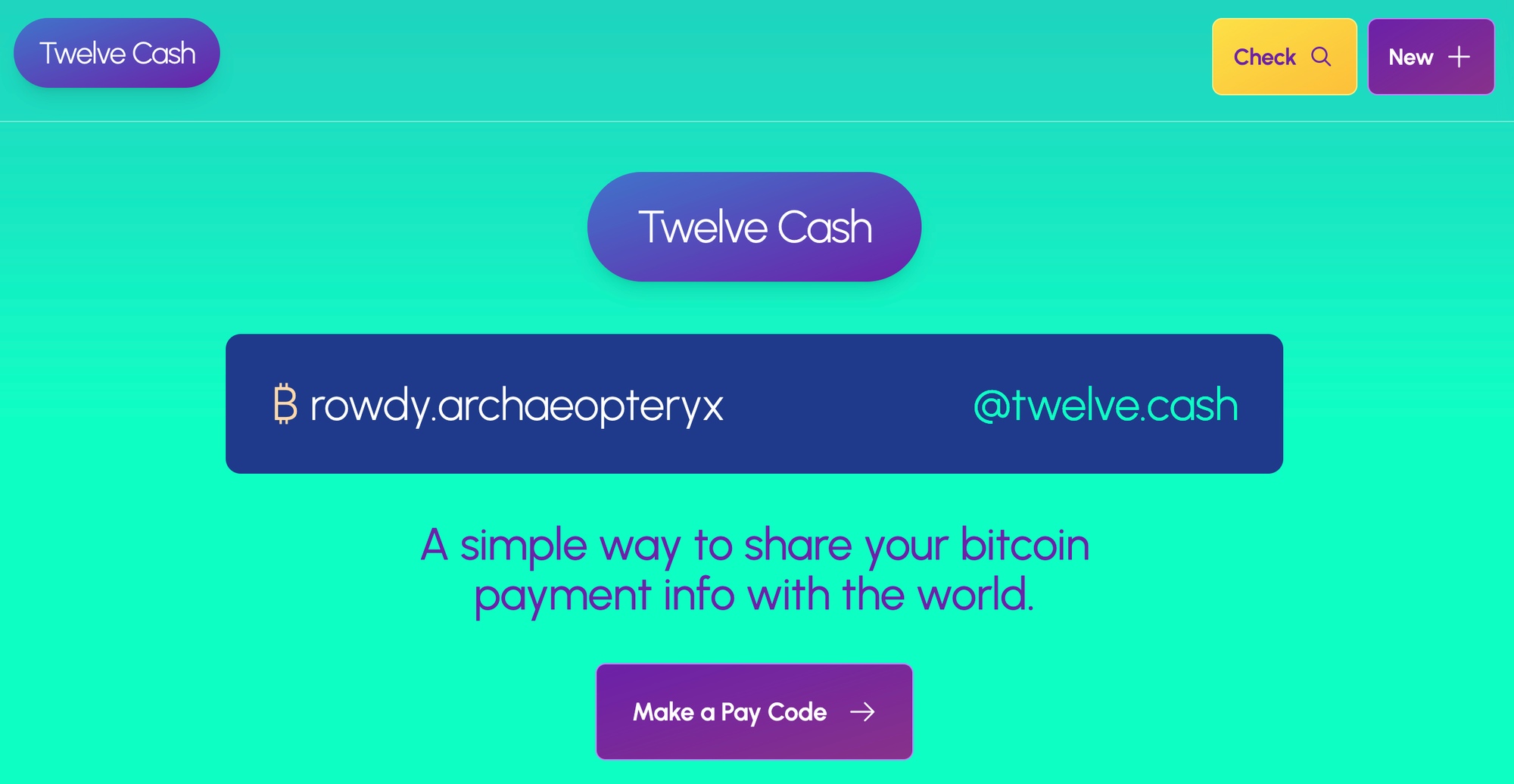





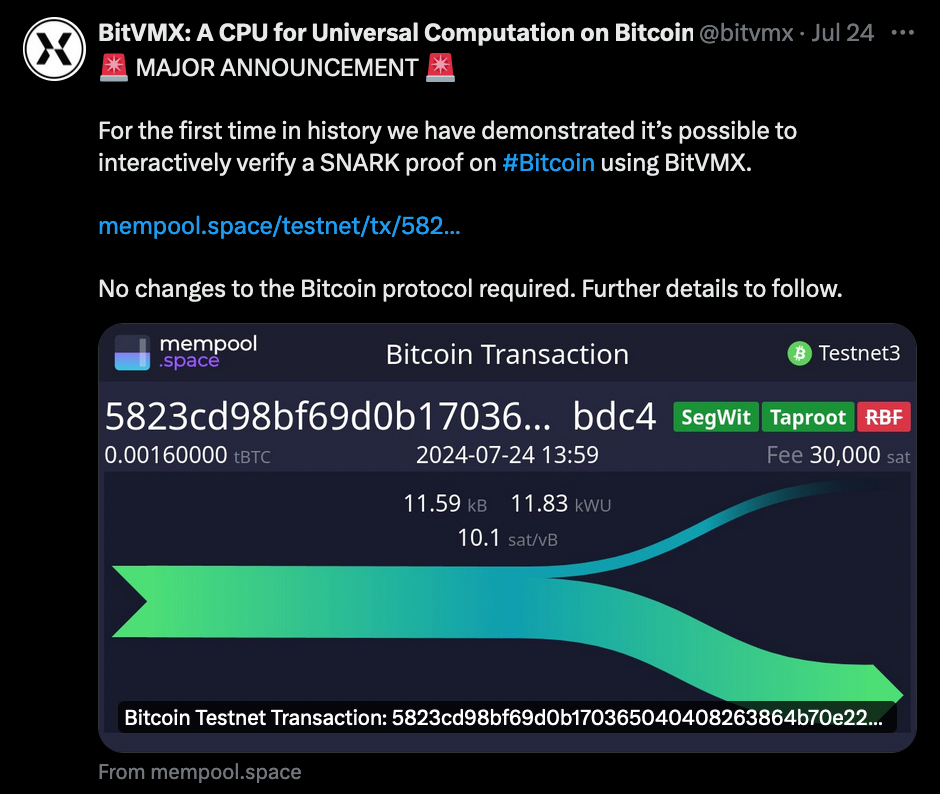
Independent journalism does not finance itself. If you enjoyed this article, please consider donating to our Geyser Fund.






